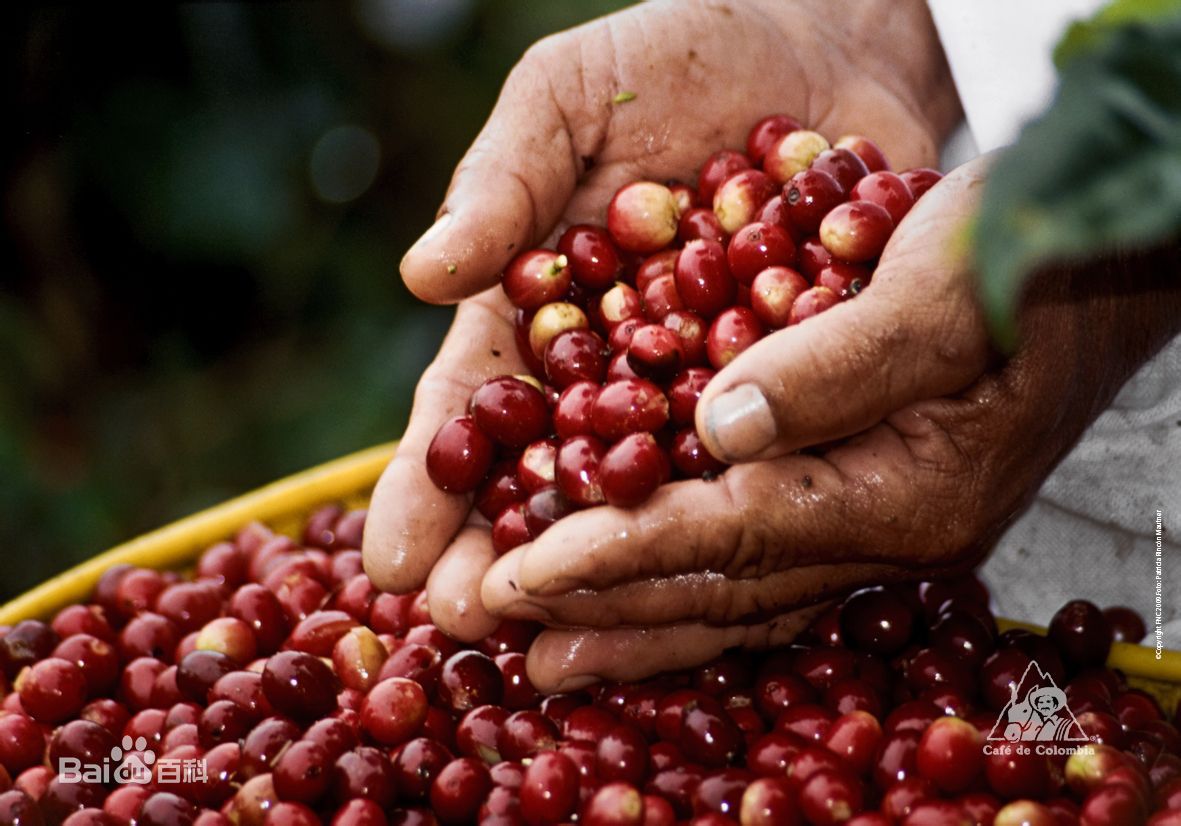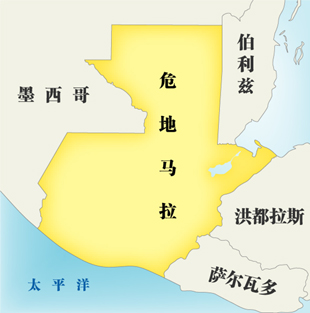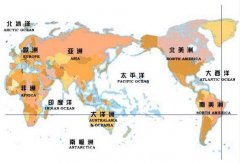Yejia snow coffee grade water washing treatment
Yejashaffe is a small town with an elevation of 1700 Murray 2100 meters above sea level. It is also synonymous with Ethiopian boutique beans.
It has been a wetland since ancient times, and the ancient saying [yirga] means "settle down], and [cheffe] means [wetland], so [Yega Xuefen] means [let us settle down in this wetland]. It is one of the coffee producing areas with the highest average elevation in Ethiopia.
Yejia snow caffeine is washed with water, but there are also a small number of excellent beans engraved in the sun to enhance the charming fruit aroma and mellow thickness.
Coffee trees are mostly planted in farmers' own backyard or mixed with other crops in the field, the yield per household is not much, it is a typical rural coffee. These mountain villages are foggy, like spring all year round, with a gentle breeze in summer, cool but not hot, rain but not damp, and no cold damage in winter, giving birth to a unique flavor of citrus and flowers.
The so-called 'Yejia Snow Flavor' refers to the strong aromas of jasmine, lemon, peach, almond and tea.
The author's tasting experience has only one sentence: coffee entrance, flowers in full bloom! Just like a flower touches the comfort of taste buds and olfactory cells in the nasal cavity. In addition to the fragrance of the flowers, the delicate mellow thickness (body) is like silk massage in the mouth.
Traditionally, Yega snow coffee is treated by the oldest sun treatment, but in 1972, Ethiopia introduced water washing technology from Central and South America to improve its quality, making its jasmine and citrus fragrance clearer and more refined. It has become one of the best quality beans in the world, thanks to its superb washing technology. Since the 1970s, this area has been mainly washed, making it the most popular water-washed bean producing area in Egypt.

Important Notice :
前街咖啡 FrontStreet Coffee has moved to new addredd:
FrontStreet Coffee Address: 315,Donghua East Road,GuangZhou
Tel:020 38364473
- Prev

Tin or bourbon? The price of tin card coffee beans tin card coffee beans El Salvador Manor micro-batch
The global coffee bean species are mainly divided into: Arabica (Arabica) and Robusta (Canephora), of which Arabica coffee beans account for about 70%80%coffee has more than 100 coffee varieties, more common coffee are: Arabica Arabica, outstanding personality, unique flavor, is the main boutique coffee, mainly used for coffee shop operations and high-end coffee market supply; Robusta
- Next

Sun treatment Yega Xuefei Grade China Coffee Trading Network
However, in the past two years, Yejia snow coffee is unusual, frequently launched amazing sun beans, and become a boutique market Deep-Fried Chicken! The beans are small, neat and round. Ethiopian sun beans are generally G3--G5, but this bean is G2 (I will open a new paste for Ethiopian coffee beans), which is equal to the grade of washed beans, although there are still a few.
Related
- Does Rose Summer choose Blue, Green or Red? Detailed explanation of Rose Summer Coffee plots and Classification in Panamanian Jade Manor
- What is the difference between the origin, producing area, processing plant, cooperative and manor of coffee beans?
- How fine does the espresso powder fit? how to grind the espresso?
- Sca coffee roasting degree color card coffee roasting degree 8 roasting color values what do you mean?
- The practice of lattes: how to make lattes at home
- Introduction to Indonesian Fine Coffee beans-- Java Coffee producing area of Indonesian Arabica Coffee
- How much will the flavor of light and medium roasted rose summer be expressed? What baking level is rose summer suitable for?
- Introduction to the characteristics of washing, sun-drying or wet-planing coffee commonly used in Mantenin, Indonesia
- Price characteristics of Arabica Coffee Bean Starbucks introduction to Manning Coffee Bean Taste producing area Variety Manor
- What is the authentic Yega flavor? What are the flavor characteristics of the really excellent Yejasuffi coffee beans?

